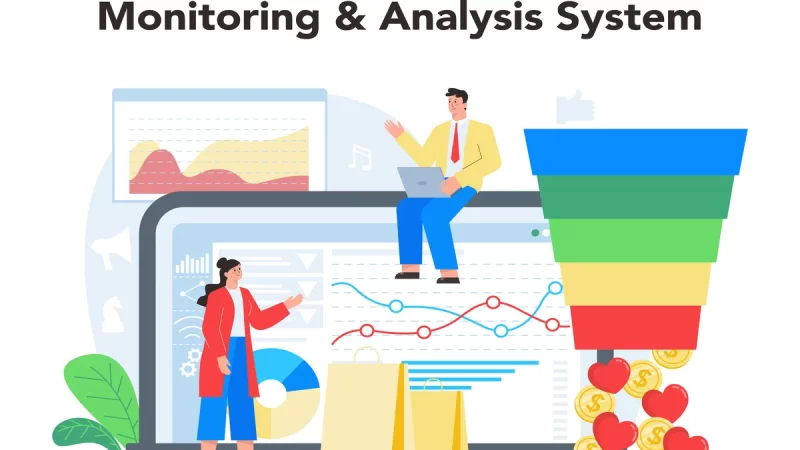The Beginner’s Guide To Become A GA4 Pro: 7 Simple Tips

Google Analytics 4 (GA4) is a powerful tool for tracking website traffic, user behavior, and conversions. Whether you’re new to GA4 or looking to deepen your understanding, here are seven simple yet effective tips to help you become a GA4 pro.
What Is GA4’s Structure?
GA4 introduces a different data model compared to its predecessor, Universal Analytics. Familiarize yourself with key components like events, parameters, and user properties. Events track user interactions (such as page views or button clicks), parameters provide additional details about these events, and user properties offer insights into user characteristics.
Set Up Enhanced Measurement
Leverage GA4’s Enhanced Measurement to automate event tracking. By enabling this feature, GA4 can track common interactions like pageviews, scrolls, video engagement, and file downloads without manual configuration. It simplifies data collection and ensures a more comprehensive view of user behavior.
Utilize Custom Events and Parameters
While Enhanced Measurement covers standard interactions, custom events and parameters allow you to track specific actions unique to your website or app. Define custom events to capture tailored user actions (e.g., form submissions, in-app purchases) and use custom parameters to add context or details to these events.
Create Audiences and Segments
Audiences and segments in GA4 help you understand and target specific user groups. Audiences are groups of users who meet certain criteria, while segments are subsets of your data based on defined conditions. Use these features to analyze behavior patterns, create targeted campaigns, and personalize user experiences.
Leverage Machine Learning Insights
GA4 employs machine learning to provide valuable insights. Take advantage of features like predictive metrics, which forecast potential future outcomes based on historical data, and anomaly detection, which highlights unexpected changes in user behavior. These insights can guide your marketing strategies and decision-making processes.
Implement E-commerce Tracking
For businesses with online sales, implementing e-commerce tracking is crucial. GA4 allows you to track transactions, revenue, and product performance. Set up enhanced e-commerce to gain deeper insights into the buyer’s journey, understand purchase behavior, and optimize your sales funnel.
Regularly Review and Optimize
Continuous improvement is key in mastering GA4. Regularly review your reports, analyze data, and refine your tracking setup. Keep abreast of updates and new features introduced by Google, as they often enhance the platform’s capabilities and offer new insights.
FAQs:
Google Analytics 4 is the next generation of Google Analytics, offering a more user-centric approach to analytics. Unlike Universal Analytics, which primarily focuses on sessions and pageviews, GA4 centers around events, providing a more comprehensive understanding of user interactions across platforms.
While GA4 offers enhanced features and a more modern approach, Universal Analytics is still supported. However, considering the advancements and focus on user behavior, transitioning to GA4 is recommended for a more robust understanding of user journeys.
Setting up GA4 involves creating a new property in your Google Analytics account. You can either create a new GA4 property alongside your existing Universal Analytics property or start a fresh GA4 property. Follow the step-by-step instructions provided by Google to set up the tracking code on your website or app.
In GA4, events track user interactions beyond traditional pageviews. They can include actions like button clicks, video views, file downloads, and more. Events offer a granular view of user behavior, providing insights into specific actions users take within your site or app, unlike pageviews, which focus on overall page visits.
GA4 uses a different data model, and while the concept of custom dimensions and metrics exists, they are known as custom parameters. Custom parameters allow you to add additional information or context to events tracked in GA4. This feature provides flexibility in tailoring data collection to your specific needs.







